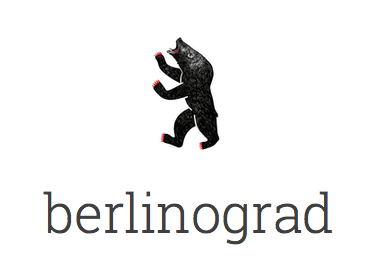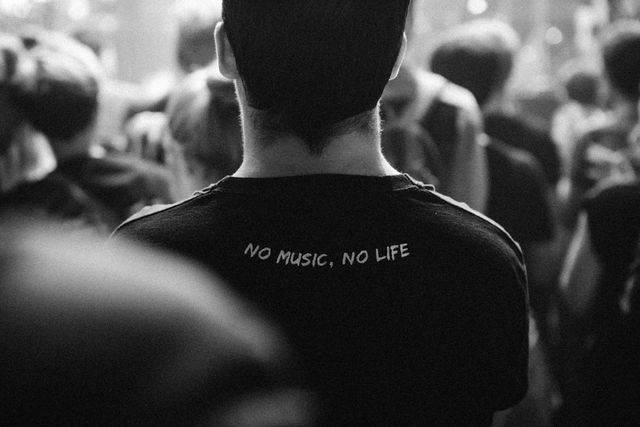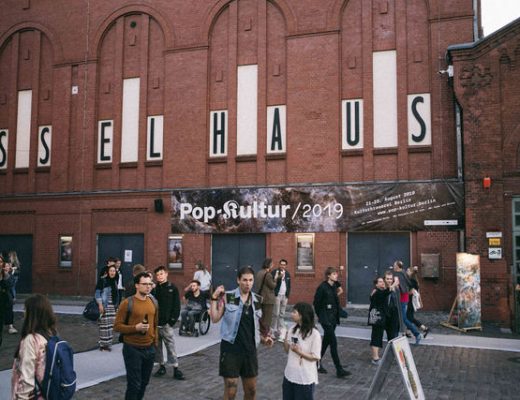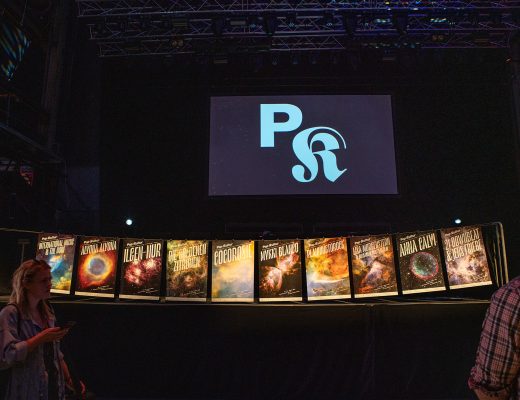What is art and what is its purpose? I see the purpose of art in promoting humanity and certain moral norms, while choosing to refrain from the moral concept of moralists and understanding moral as a positive and deeply human construct, in which many different people meet respectfully for each other’s convictions, exchanging ideas through art.
Art has the potential to change the world, because it changes one’s perspective. Hence, it bears a great responsibility towards those people who are receptive to it. At the same time, art must always be free so that it can undertake this responsibility and this mission to transform people’s minds and the society.
For the artist, the process of creation initiates knowledge, which strongly influences this result of creation. For the recipient, on the other hand, the result that initiates a process of knowledge is decisive. Art in general reveals the potential of the human mind, because it is implemented by humans, leading to growth and cultivation of the human mind.
Of all the arts, music is the most immediate form of art, because it infiltrates the human body through the sense of hearing, that gets either fascinated or fended off. Music seems to merge the mind and unfolds its primary effect on human senses.
There are no limits to art, but to the art world indeed. The Pop-Kultur Festival Berlin creates a space, in which art takes place in its entirety and barrier-free. The festival director Katja Lucker, the curators Martin Hossbach and Christian Morin put an incredibly good programme that went far beyond music, including performances, talks and workshops. Renowned musicians and young talents presented themselves to the audience under one roof. The diversity of the artists in terms of their origins and gender reflects the inclusive spirit of this festival, which literally welcomes everyone to the programme and de facto ensures that they also can come together, both among the artists and the audience. The Pop-Kultur Festival enables art to take place in public space without sinking into the vacuum of taboos and resentments. Beyond of it all, the festival thus makes an important social contribution, finding ways to bring together people who challenge and reject society’s conventional values. But why is this so important?
We only can survive by constantly questioning and creating social norms within the society, in which we are living. The social body tends to stagnate and transfers that stagnation to its members, which means death for the human spirit. Therefore, the inner life within a society must remain constantly in motion and circulate like the blood in human veins, with art being the heart of society and the organ that provides this circulation.
Art is eruption, renunciation, courage, honesty, brutality, restlessness, drive, salvation, love, anger, disobedience, vulnerability, tenderness, anarchy and eternal youth. It draws our attention to the dysfunctions of different societies, making people rethink their own values again and again. This process is essential for human beings, even if they should always come to the same old answers. Art conveys the certain knowledge that every human being has the right to exist, which cannot be denied by anyone or any society.
If we follow Dostoevsky, presuming that beauty “saves the world”, we must say there are two ways of recognizing beauty, through nature and through art. Conversely this means, the human mind distorts without the beauty. We must acknowledge that beauty creates hope, which is indispensable for the human existence. Therefore, nature and art are essential for survival.
*Photography by Helena Melikov





No Comments